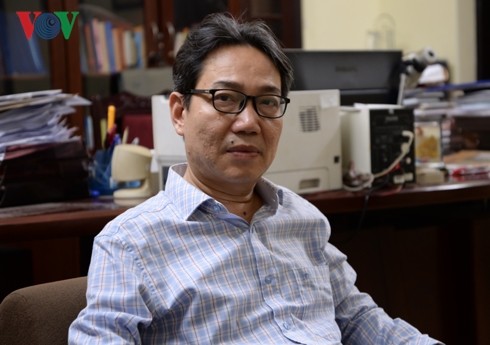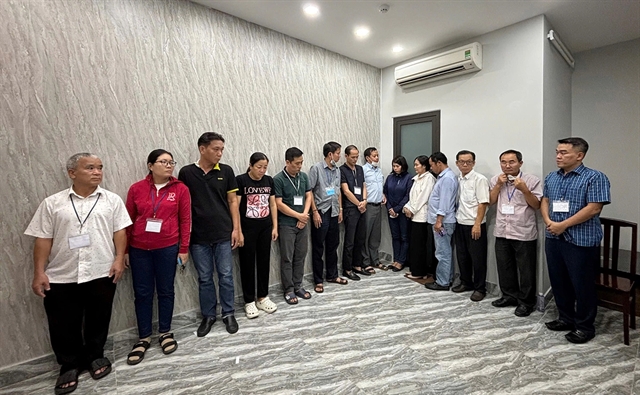 Opinion
Opinion


|
| Đinh Văn Minh |
PhD Đinh Văn Minh, director of the Legal Department from the Government Inspectorate, talks to the Hà Nội Mới (New Hà Nội) newspaper on the Government’s plan to develop a decree on asset and income declaration of Government officials
Will you please explain why the Government Inspectorate decided to take public comments on the draft decree on asset declaration and income of Government officials?
In 1998, all public employees and Government officials had to declare their annual income in the national campaign to fight corruption. However, the campaign was not really successful. Every year, more than 99 per cent of public employees and Government officials filed reports on their assets. Yet, nothing abnormal was detected in the reports.
Việt Nam introduced asset declarations as a part of its 2005 Anti-Corruption Law. Under the law, all senior Party and Government officials have to declare their annual income. However, we had to consider two factors - i.e. to prevent corruption, yet not cause negative impacts on the safety and rights of asset owners. This is the key reason why the draft decree on asset declaration and income of Government officials has been posted for people to comment on.
What are the major changes in the draft decree from the 2005 Anti-Corruption Law?
Under the 2005 Anti-Corruption Law, only a certain number of communal officers and deputy heads of a section from a district People’s Committee upwards have to declare their assets and annual income. However, under the revised decree, all public employees, Government officials, army officials and police officers who have been promoted to positions from deputy head of a section in a Government office have to declare their assets. That means the number of people who have to declare their annual assets will increase.
The draft decree has included a long list of assets that a public Government official has to declare. Why?
All laws must reflect what is really happening in society. So a public official must declare their assets of value. A key objective of declaring their assets is to make things objective.
What will happen if a Government official falsifies their asset declaration?
In the long run, a Government official’s asset declaration may be posted in a public place where he/she lives. However, for the time being, we should encourage them to post their asset declaration reports on a wall in their offices only. The relevant agency should develop a mechanism to check and verify their declarations. If anyone is found to have falsified their asset declaration, they will be given due punishment.
However, in the long run, asset declarations should be posted in a public place where these people are residing so the local people can check if their declarations are true or false.
Can you explain the process of verifying asset declarations?
Asset declarations by Government officials could be verified at random annually. Ideally, in each Government office, two staff will be chosen at random – perhaps one senior official and one employee. Or in a locality where there are many Government offices, we could select two representatives from each office – an office worker and a senior official.
When will the draft decree be released to the public?
The draft decree has already been made public for comments or suggestions from all Government agencies, including ministries, departments, provinces and others. After receiving comments/suggestions on the draft decree, the drafting board will then revise and submit it to the Government for approval. What I want to emphasise is all the measures the drafting committee has come up are for prevention. However, if any fraudulence is detected, due sanctions will be handed down. VNS




